Forex Market Regulation: Laws and Rules Governing Forex Brokers and Traders
The foreign exchange market, commonly known as Forex, is a global decentralized or over-the-counter (OTC) market for the trading of currencies. It is the largest and most liquid market in the world, with trillions of dollars exchanged daily. Due to its immense size and global reach, there is a need for regulations to ensure fair practices and protect the interests of traders and investors. In this article, we will delve into the laws and rules that govern Forex brokers and traders, ensuring a safe and secure trading environment.
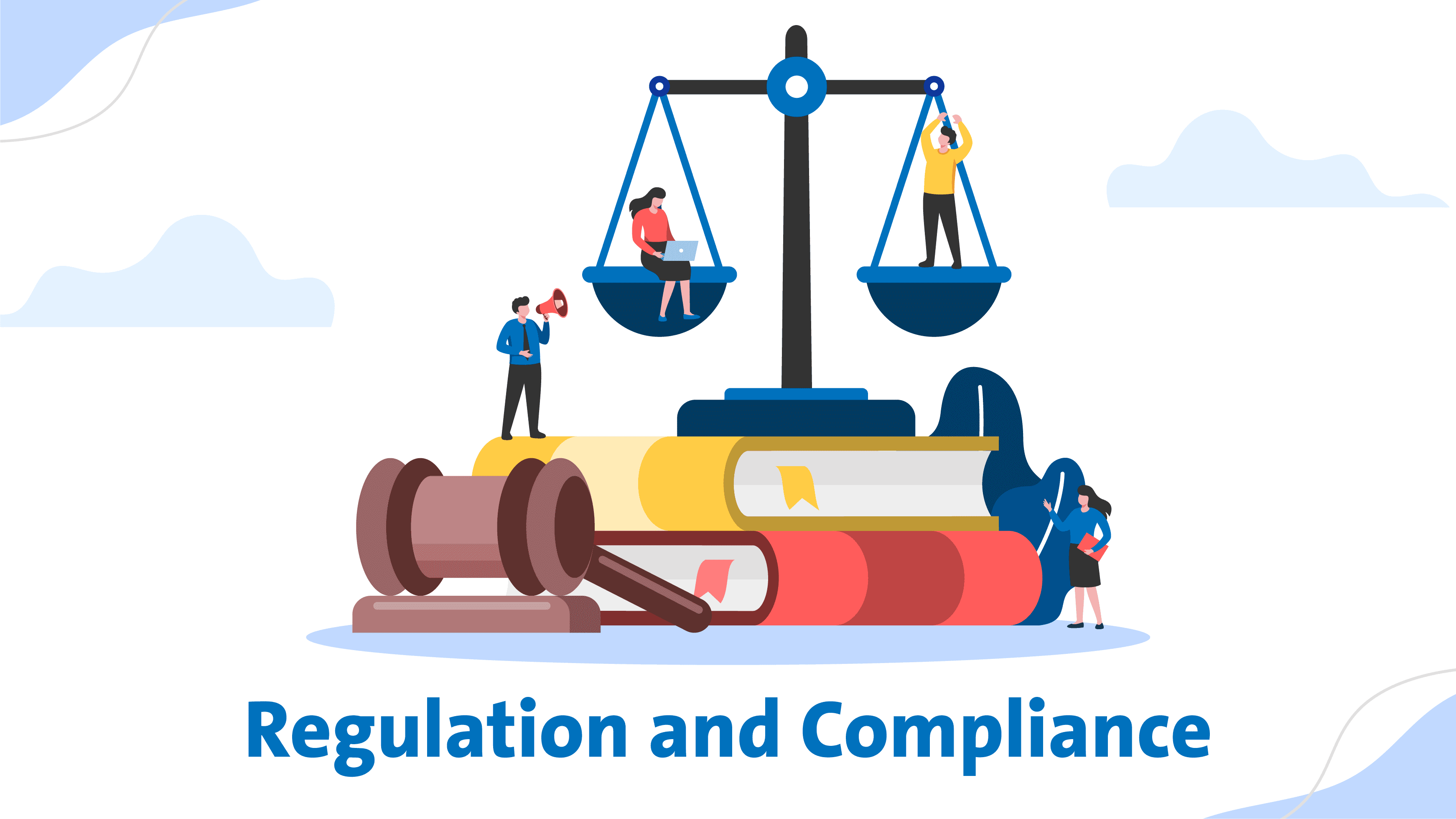
Table Content
1. Introduction to Forex Market Regulation
2. Major Regulatory Authorities
2.1 Commodity Futures Trading Commission (CFTC)
2.2 European Securities and Markets Authority (ESMA)
2.3 Financial Conduct Authority (FCA)
2.4 Australian Securities and Investments Commission (ASIC)
3. Key Regulations for Forex Brokers
3.1 Segregated Client Accounts
3.2 Leverage Limits
3.3 Anti-Money Laundering (AML) Procedures
4. Rules for Forex Traders
4.1 Risk Management
4.2 Avoiding Fraudulent Schemes
4.3 Keeping Records
5. Footnote
6. Frequently Asked Questions (FAQs)
1. Introduction to Forex Market Regulation
Understanding the regulatory framework of the Forex market is essential for anyone interested in currency trading. Regulatory bodies play a crucial role in overseeing financial activities, monitoring brokers, and enforcing compliance with established rules. The primary objectives of Forex market regulation are to maintain market stability, protect investors from fraudulent practices, and promote transparency.
2. Major Regulatory Authorities
There are several regulatory authorities worldwide that oversee Forex trading. Some of the most influential ones include:
2.1 Commodity Futures Trading Commission (CFTC)
The CFTC is an independent agency of the United States government responsible for regulating the futures and options markets. It ensures fair practices, investigates market manipulation, and protects traders and investors from fraud.
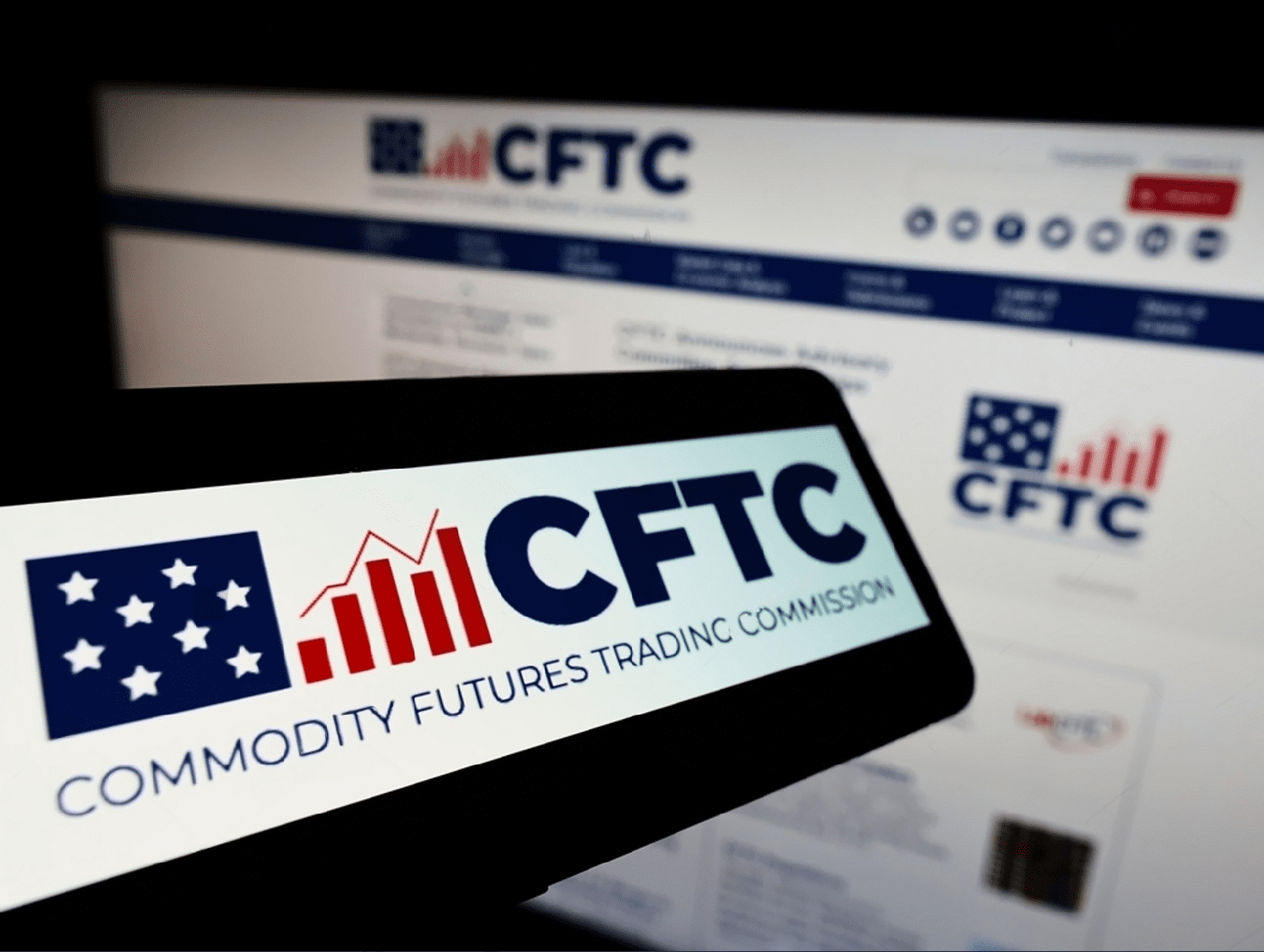
2.2 European Securities and Markets Authority (ESMA)
ESMA is an authority that supervises the European financial markets. It harmonizes regulations among European Union (EU) member states to maintain market integrity and investor protection.
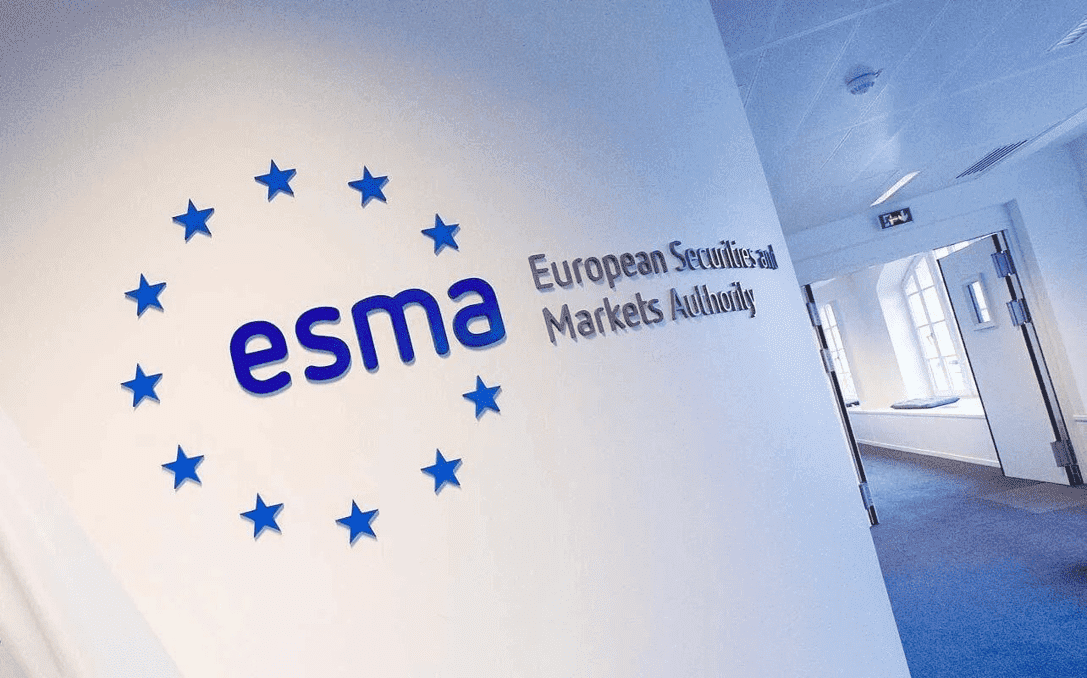
2.3 Financial Conduct Authority (FCA)
The FCA is the regulatory body for financial services firms in the United Kingdom. It oversees Forex brokers, enforces regulations, and provides licenses for authorized firms.
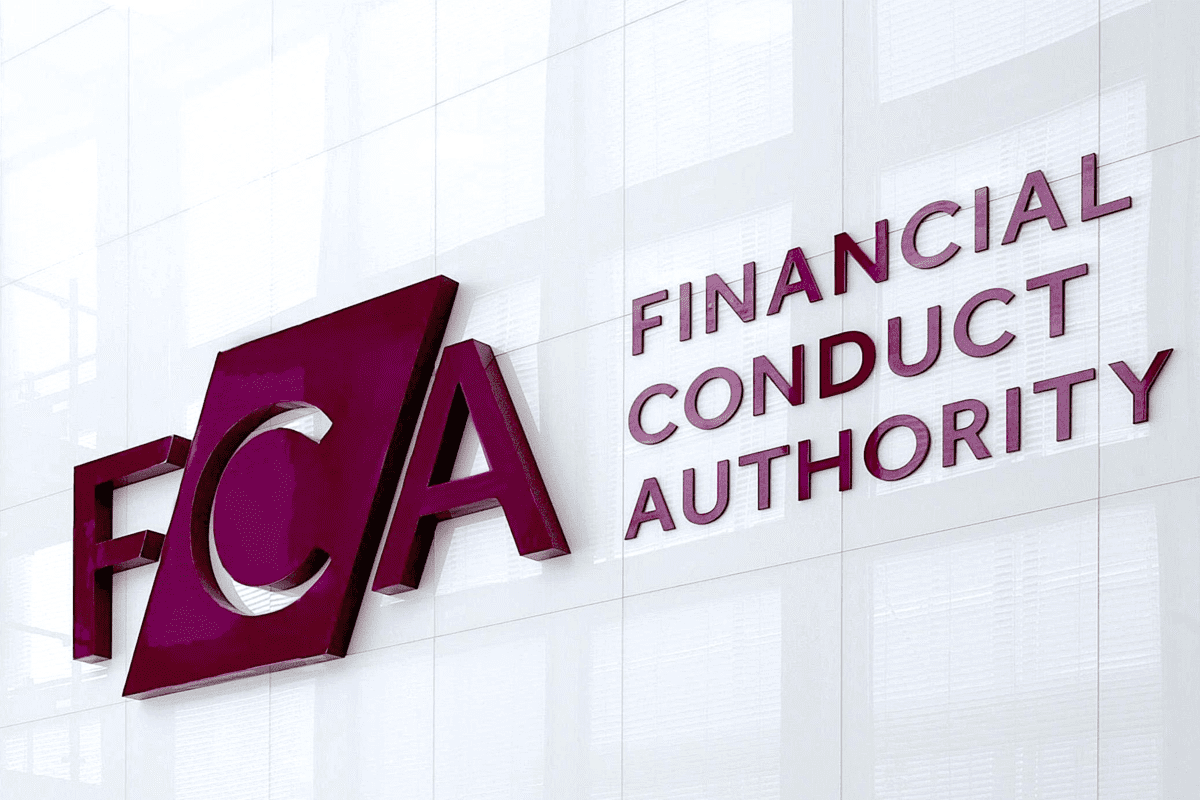
2.4 Australian Securities and Investments Commission (ASIC)
ASIC is the regulator of financial services in Australia. It monitors and licenses Forex brokers to ensure compliance with Australian laws.
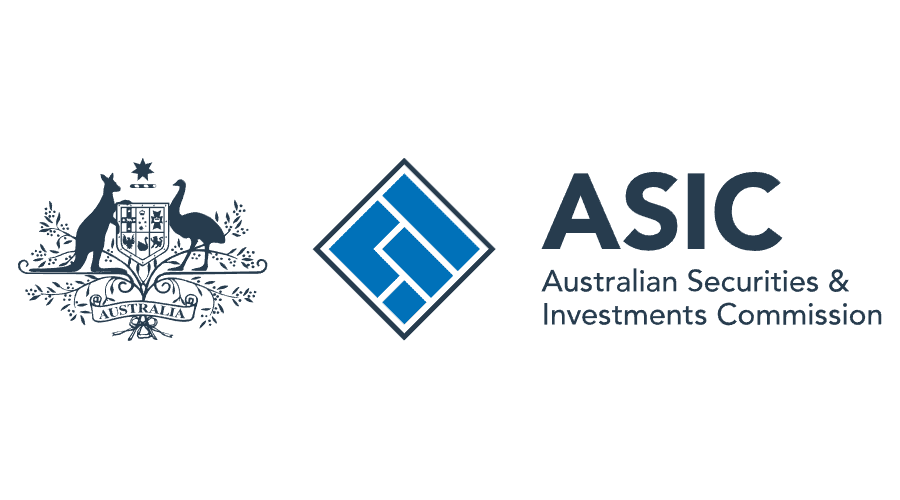
3. Key Regulations for Forex Brokers
Forex brokers act as intermediaries between traders and the market. To protect traders' interests and maintain market integrity, certain regulations govern the operations of Forex brokers:
3.1 Segregated Client Accounts
Regulated brokers are required to keep their clients' funds in segregated accounts, separate from the broker's operating funds. This measure prevents the misuse of client funds and enhances the safety of traders' investments.
3.2 Leverage Limits
Leverage allows traders to control larger positions with smaller amounts of capital. However, excessive leverage can magnify losses. Regulatory authorities often impose leverage limits to protect traders from taking on too much risk.
3.3 Anti-Money Laundering (AML) Procedures
Forex brokers must implement strict AML procedures to prevent money laundering and terrorist financing. These procedures include customer identification and transaction monitoring.
4. Rules for Forex Traders
Individual traders engaging in Forex trading must also adhere to certain rules and guidelines:
4.1 Risk Management
Understanding and managing risk is crucial in Forex trading. Traders should never risk more than they can afford to lose on any trade.
4.2 Avoiding Fraudulent Schemes
Traders should be cautious of scams promising high returns with little effort. It is essential to conduct thorough research before investing with any Forex broker.
4.3 Keeping Records
Maintaining detailed records of trades and transactions helps traders analyze their performance and comply with tax requirements.
5. Footnote
In summary, the Forex market operates under the watchful eye of regulatory authorities to maintain transparency, protect traders, and ensure a fair trading environment. Adhering to the regulations set forth by these authorities is essential for both Forex brokers and individual traders to thrive in this dynamic market.
Frequently Asked Questions (FAQs)
Q1. Is Forex trading legal worldwide?
A1. Yes, Forex trading is legal in most countries. However, regulations may vary, and traders should ensure compliance with local laws.
Q2. Can I trade Forex without a broker?
A2. No, Forex trading requires the services of a broker to access the market.
Q3. How can I verify if a Forex broker is regulated?
A3. You can check the broker's website for regulatory information or search for the broker on the website of the relevant regulatory authority.
Q4. What is the best way to learn Forex trading for beginners?
A4. Beginners can start with online courses, books, or demo trading accounts offered by brokers.
Q5. How much capital do I need to start trading Forex?
A5. The capital requirement varies depending on the broker and the trading strategy. It is advisable to start with an amount you can afford to lose.
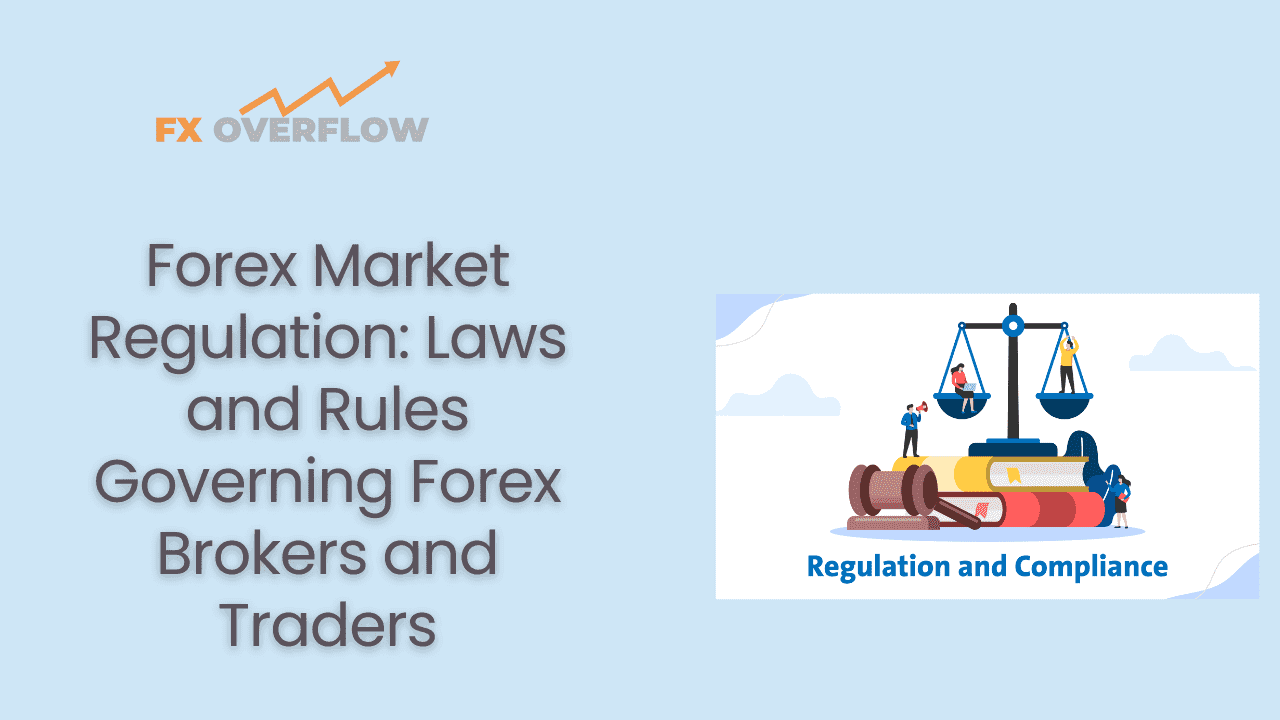










Discussion